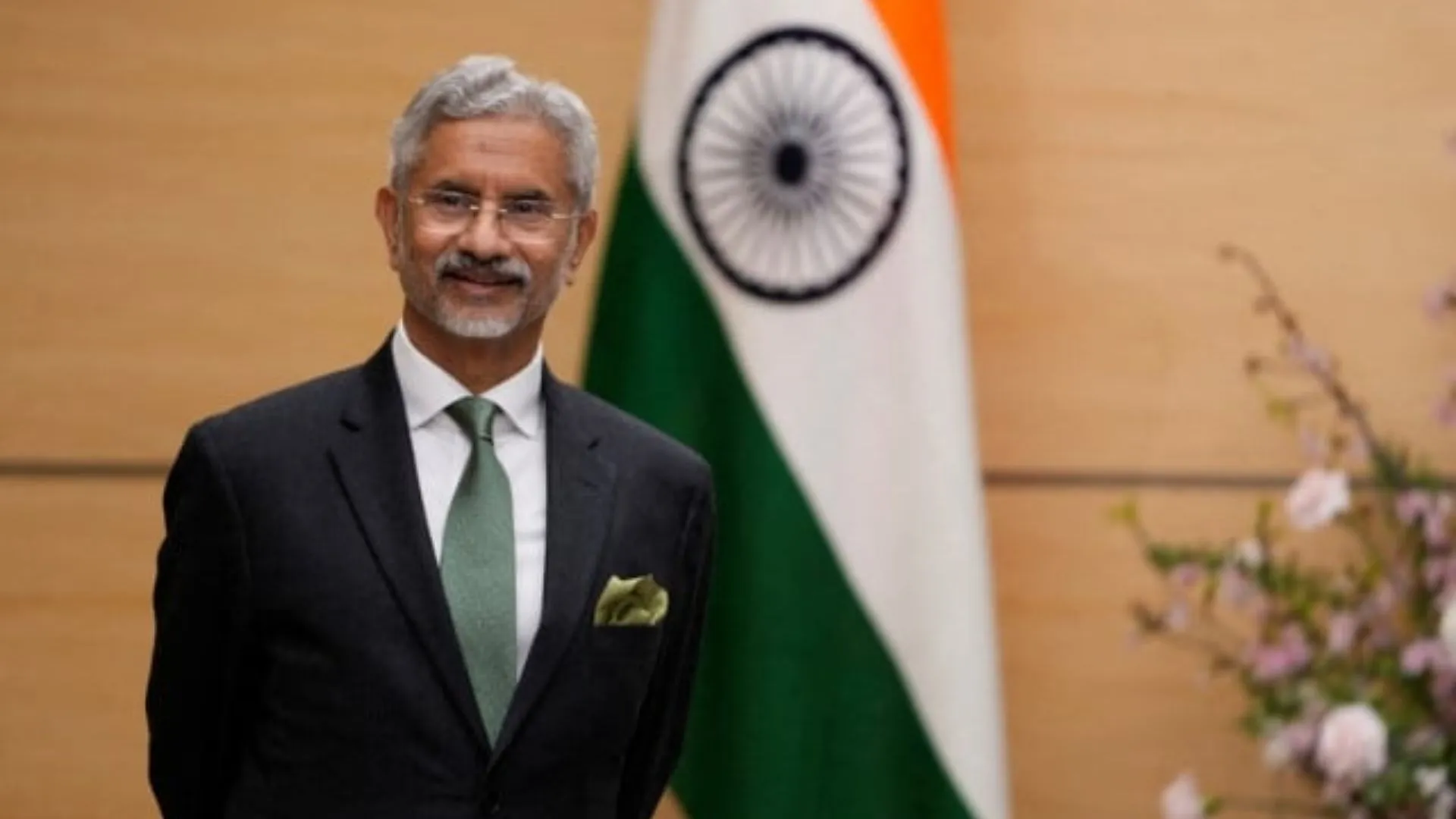Portugal has abruptly ended the practice that allowed illegally arrived migrant workers to remain in the country while applying for a work permit. Deputy Minister Rui Armindo Freitas, responsible for immigration policy, stated that this change aligns with European regulations.
Representatives from nongovernmental organizations view this shift as a concession to right-wing populists who oppose immigration. They believe it underscores the chaotic nature of Portugal’s immigration policy, at least until now.
Freitas mentioned that the option to enter the country first and then obtain the necessary paperwork attracted many illegal migrant workers. He noted that this loophole needed prompt closure due to a backlog of approximately 400,000 legalization applications at the immigration agency AIMA.
Addressing problems accumulated over years
He expressed that the processing of these applications, some of which have been pending for two years, should be organized by June of next year at the latest. The aim is to address problems that have accumulated over many years.
Migrant labor plays a crucial role in the economy. Since June, migrants seeking work in Portugal must apply for residence permits at Portuguese embassies or consulates abroad.
This requirement has sparked frustration among traditional source countries for foreign workers, many of which lack a Portuguese diplomatic presence. For instance, farm workers and harvesting helpers from Nepal or Bangladesh must now apply for their visas at the Portuguese embassy in New Delhi, India.
Portugal economy relies on migrant workers
Luis Mira, secretary-general of the Portuguese Farmers’ Association, criticized the new requirement as unfeasible, emphasizing the need for workers during harvest time rather than later. He urged the government to ensure that workers can quickly and easily come to Portugal.
Portugal’s economy heavily relies on migrant workers, primarily from Asian countries, who work in agriculture, harvesting crops like broccoli and olives for low wages and picking berries for export. Many Brazilians are employed in the hospitality sector, while a significant number of African workers are essential to the construction industry.
Growing hostility toward immigrants has been exacerbated by the rise of populist parties. The nationalist party Chega has gained popularity with its anti-immigration stance, advocating for immigration quotas and even a referendum on the issue.
Preventing right wing from exploiting the issue in Portugal
Freitas has countered these sentiments, asserting that the government does not seek to reduce immigration but rather to establish clearer rules for labor immigration to prevent the right wing from exploiting the issue. He believes the new regulation will safeguard the rights and security of those coming to Portugal, emphasizing the importance of integrating newcomers to support economic growth.
Freitas also pointed out that the new regulation could help protect migrants from human trafficking networks. However, NGOs report a nearly 25% drop in applications to work in Portugal over the past three months, while many foreign workers continue to enter the country illegally.
Read More: Tim Walz Admits He “Misspoke” About Being In China During Tiananmen Square Protests In 1989


















